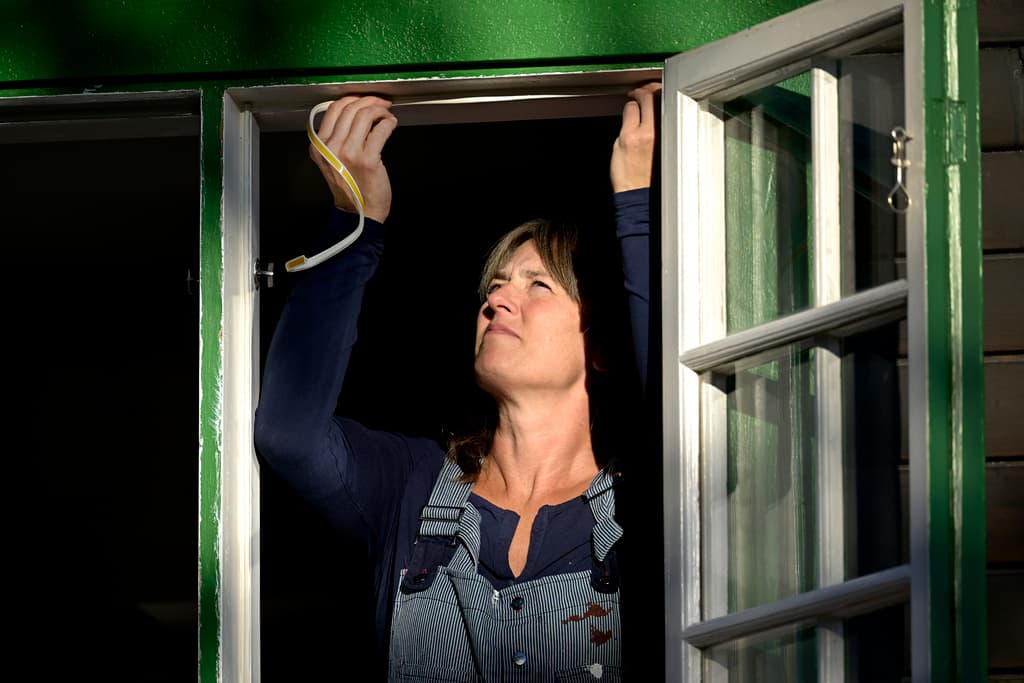A surprisingly large number of homeowners are unaware of how to reduce energy consumption in their homes – despite the fact that there is a lot of money to be saved through a few simple measures.
This is stated by the Energy Agency in a new Novus survey where 1,461 people in villas, terraced houses or semi-detached houses were interviewed. The goal is for Sweden to reduce its electricity needs as much as possible, and then homeowners are an important group. But the lack of knowledge, or disinterest, is great.
We want to emphasize that you should do something now, before winter becomes a reality, says Veronica Eade, unit manager at the agency.
Leaks
She emphasizes that it is often quite easy to reduce energy consumption, for example by thinking a bit about how and when you use certain appliances such as washing machines and how you use lighting.
But the big thing is, of course, heating. There is a lot to be done here. The first step is to think about the indoor temperature. You shouldn't sit and freeze, but 20-21 degrees usually suits most people, she says.
The next step is to fix the leaks in the house. It doesn't have to be complicated. Sealing strips on the windows are probably the easiest. Then you can think about the attic. Sometimes a lot of energy is lost here. It can be complicated to fix and may require expert help, but you can get a tax deduction for this.
"Nerds"
She also points out that you can get a grant of up to 30,000 kronor for this type of energy efficiency improvement. The strange thing is that the grant was unknown to 60 percent of the respondents, and only six percent had applied for and received the grant.
People often think that this is boring. They think it's something for nerds. But it means something in your wallet, and most people are interested in that, she says.
Advertisement
Another measure that is quite easy to take, according to Veronica Eade, is to replace the thermostat on the heaters. This can save five to ten percent of the heating cost.
If you want to continue on that track, a heat exchanger is something to plan for. It recovers the heat in the house.
It can be expensive, but it's possible to get a grant, she says.
The same applies to solar panels, which have become increasingly popular. With a grant, you get around 20 percent of the cost paid.
To get a comprehensive view of your own home, Veronica Eade recommends calling the energy and climate advisory service, which is free in all municipalities. But only four percent of the respondents have used the service – further evidence that more could be done to save energy.
In the Novus survey, 85 percent responded that it is very or fairly important to them to reduce energy consumption in their home, and 63 percent report that they have taken measures in the past two years to reduce their energy costs. Most common is to have switched to LED lamps.
As many as 81 percent state that the main incentive to reduce energy consumption is lower costs. But many, 39 percent, say they are unsure whether the possible measures are profitable, and 18 percent say they do not want to borrow money, while 17 percent report that they do not have the money.
Source: Novus






